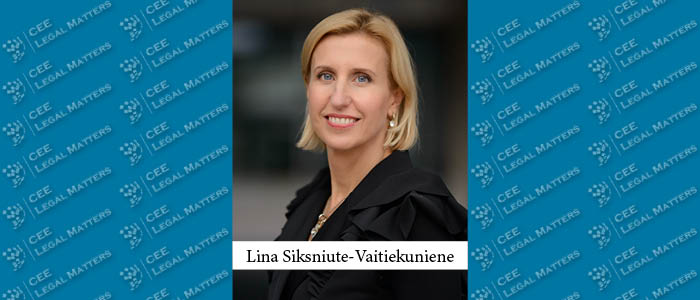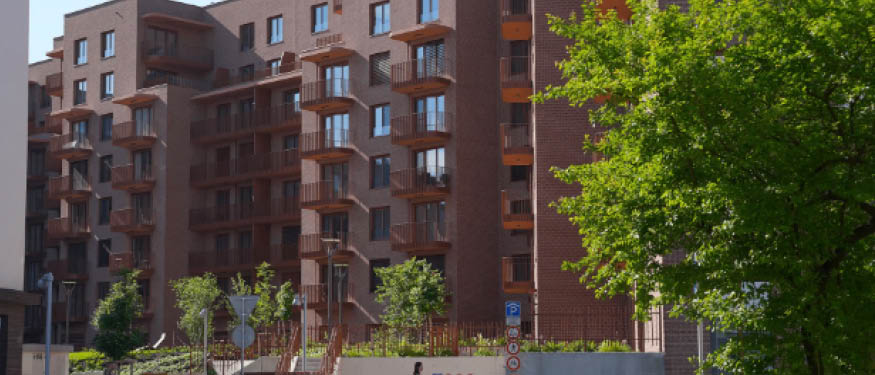Lithuania is looking at a hectic year, with three scheduled elections: presidential, parliamentary, and EU parliamentary, according to Ilaw Lextal Partner Lina Siksniute-Vaitiekuniene, while also celebrating the 20-year Anniversary of its entry into the EU and NATO.
“Energy independence remains very important within the current geopolitical background and since Russia’s war in Ukraine,” Siksniute-Vaitiekuniene begins. As such, renewables continued to grow significantly, and are projected to keep growing, she notes. “Solar and wind power plants, for example, produced 50% more energy last year than in 2022.”
Further, Lithuania plans to build two wind parks in the Baltic Sea. “Ignitis Group and Ocean Winds have won the competition for building the first offshore wind park in the Baltic States, the capacity of which will be 700 megawatts,” Siksniute-Vaitiekuniene highlights. On top of that, she says renewables will be an increasingly active M&A sector: “There are many projects that secured connection approval. They are going on the market, offering good prospects for M&A activity.”
Moving on to construction, Siksniute-Vaitiekuniene notes there is fresh legislation making it compulsory for all contractors and subcontractors in the construction sector to be registered in a public register. “This will influence EU and foreign construction companies coming into the market – making the process a bit slower – with the registration added on top of the already existing licensing recognition procedures,” she explains. The goal? “To make the market more transparent and secure, emphasizing quality and guarantees for construction work.”
Continuing with Lithuania’s bread and butter – the country has 260 registered fintech companies – Siksniute-Vaitiekuniene highlights the ongoing efforts to promote qualitative growth in the sector and focus on high-value-added projects, emphasizing innovation. “The risks in the crypto sector remain quite high, so the regulator needs to scrutinize and govern this sector more strictly. As a consequence, we’re expecting quality-over-quantity outputs.” And Lithuania isn’t waiting around on that: “Well ahead of the MiCA, the Ministry of Finance has already drafted and submitted for consideration a number of draft laws that set new operational requirements tightening security for the providers and the services themselves,” she explains.
Looking to the future, Siksniute-Vaitiekuniene thinks the TMT sector will remain the M&A darling, alongside renewables and fintech. Notably, “the Ministry of Economy and Innovation succeeded in opening the Innovation Hub Lithuania in Silicon Valley, to help Lithuanian exporters establish a position in strategic US markets,” she says, comparing it to similar efforts from the Nordic countries, that have already been in place for some time.
Similarly, ESG matters will only grow in importance, Siksniute-Vaitiekuniene notes. “We as a law firm work a lot on ensuring that the social expectations of ESG are being met, and with our clients we take a broader approach, focusing on the alignment of internal and external processes with all aspects of sustainability, for example. We’re already talking about implemented measures being taken into account when a target is being reviewed in M&A.”
And Lithuania notched another win on ESG as well: “The Public Procurement Office has developed Socially Responsible Procurement Guidelines. These are not mandatory,” Siksniute-Vaitiekuniene explains, “but supportive measures to introduce social aspects into PP processes. We already had Green PP projects, with a 100% compliance requirement, and now we’re working on the social aspect and its introduction.”

















